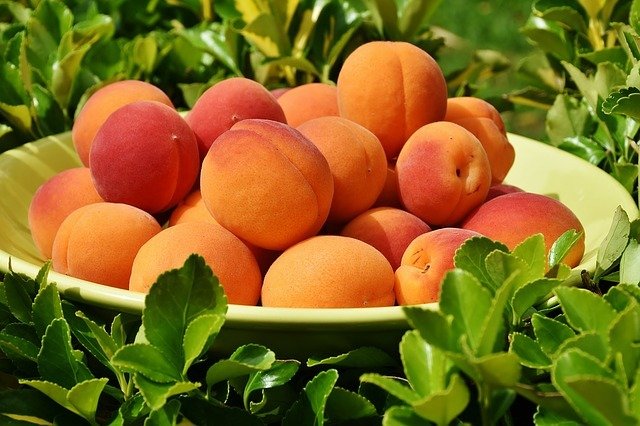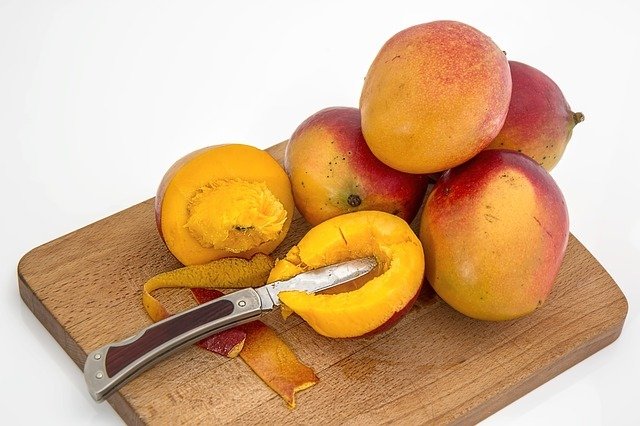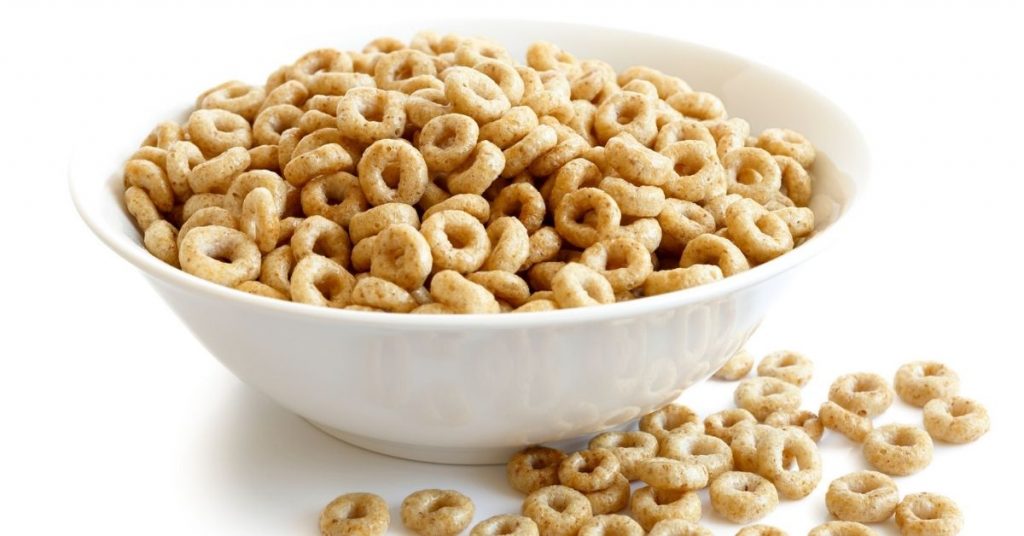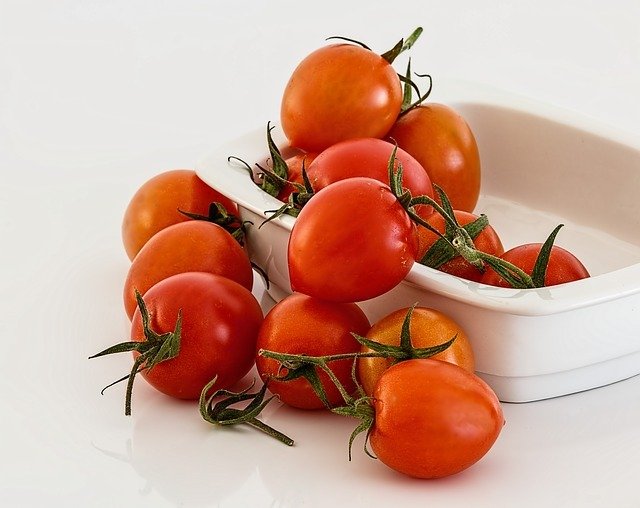
Melons Are Good For Dogs But Only In Moderation and With Some Precautions

Your canine is probably your best friend, which means you want to keep him healthy and fit.
To do this, you need to feed them food that is good for them and avoid food that can endanger their lives.
One such food canine owners wonder if their dogs can have is a melon – be it cantaloupe, grapefruit or honeydew. Great news! Your dog can have a melon anytime you do!
Melons are very safe for canines to eat, but you need to make sure it’s done so in moderation.
The Importance Of Melons In A Dog’s Diet
Perhaps the real question to ask is why do you like melons because chances are that’s why your canine friend likes them too.
On top of the sweetness dogs get from the melons, they also provide water content.

Melons are loaded with vitamins and minerals and are full of antioxidants. Antioxidants are a necessary part of your dog’s health as it decreases the aging effects, decreases their chance of developing cancer and lowers their chance of heart disease.
They are also less likely to have arthritis.
Antioxidants are necessary in a canine’s diet because of their constant exposure to pollutants in the atmosphere such as cigarette smoke, cleaning chemicals and pesticides. Antioxidants help to stop damage happening to cells caused by pollutants.
While dog food does have some antioxidants in them, it’s not enough and dogs will seek out antioxidants in other ways such as melons.
3 Important Things To Understand About Feeding Your Dog Melons
While dogs will get a lot of nutrients from melons, an excessive amount of it can do them more harm than good.
Here’s what you should keep in mind before holding a melon-fest:

1. Canines are carnivores, which means they eat meat and their body isn’t able to properly digest a plethora of fruit.
Too much fruit can lead to diarrhea. This isn’t surprising as melons are loaded with water.
Even a minute amount of fruit can cause a dog’s stool to soften.

2. Dogs cannot properly chew on the melon’s skin because of the thickness. Plus, they cannot properly digest the outer skin.
The melon seeds are also dangerous to your dog. They can become stuck in the throat and their teeth or even block the intestines if too many are consumed.
Therefore, it would be in yours and your dog’s best interest to remove the outer skin and seeds before you give a melon to your dog.

3. Melons are very filling food, which means you don’t need to feed a melon to them right before their actual meal.
A dog’s nutrition should still come from a worthwhile dog food, not from the other “bonus” foods you feed them.
So, if you’ve been wondering if feeding your dog is dangerous to their health – the answer is both yes and no.
You can give them melons but in moderation and only if you remove the rind and seeds first. Do this, and your dog can nosh on this treat when you do.





